How to Code Using Delve
Watch our 2 minute demo
Delve is software to analyze qualitative data. It’s a simple to use, tool that allows you to code qualitative data such as interview or focus group transcripts, and find rigorous insights quickly.
Get Started with Delve
Delve is software to analyze qualitative data. It’s a simple to use, tool that allows you to code qualitative data, and find rigorous insights quickly.
Want to Learn More About Qualitative Data Analysis?
Perhaps you're not ready for the trial yet, and want to learn more about qualitative data analysis first. Take Delve's free online course.
Read Our Online Guides to Qualitative Coding
Compare the most popular qualitative coding software available today, covering learning curves, AI-assisted coding, collaborative features, and more.
We tested seven qualitative data analysis platforms already being used in classrooms to see how they handle the practical realities of teaching methodology courses.
We compare NVivo, ATLAS.ti, MAXQDA, Quirkos, Taguette, Dedoose, and Delve to find tools that streamline thematic analysis.
See how Dr. Garcia Ramos simplified her workflow and published NSF-funded research using Delve.
In vivo codes utilize the language and terminology used by the participants rather than alternative methods where codes are researcher-derived.
In vivo codes use the direct language and terminology used by the participants rather than alternative methods where codes are researcher-derived.
This article walks through modern methods for qualitative survey analysis.
We tested the top AI-assisted QDA platforms to see how they stack up.
We compared seven of the top qualitative data analysis software options to see which tool offers the most helpful customer and software support.
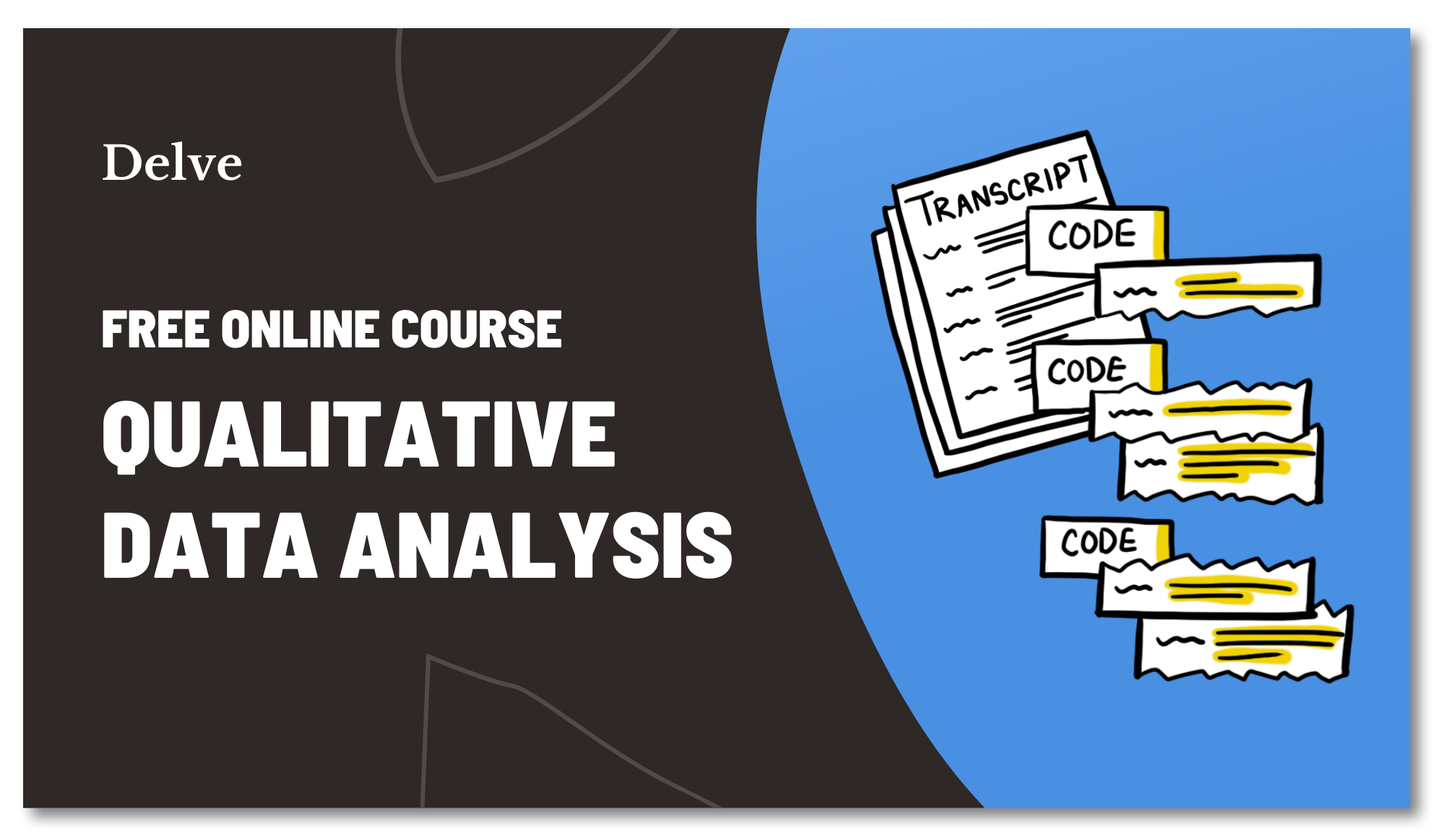
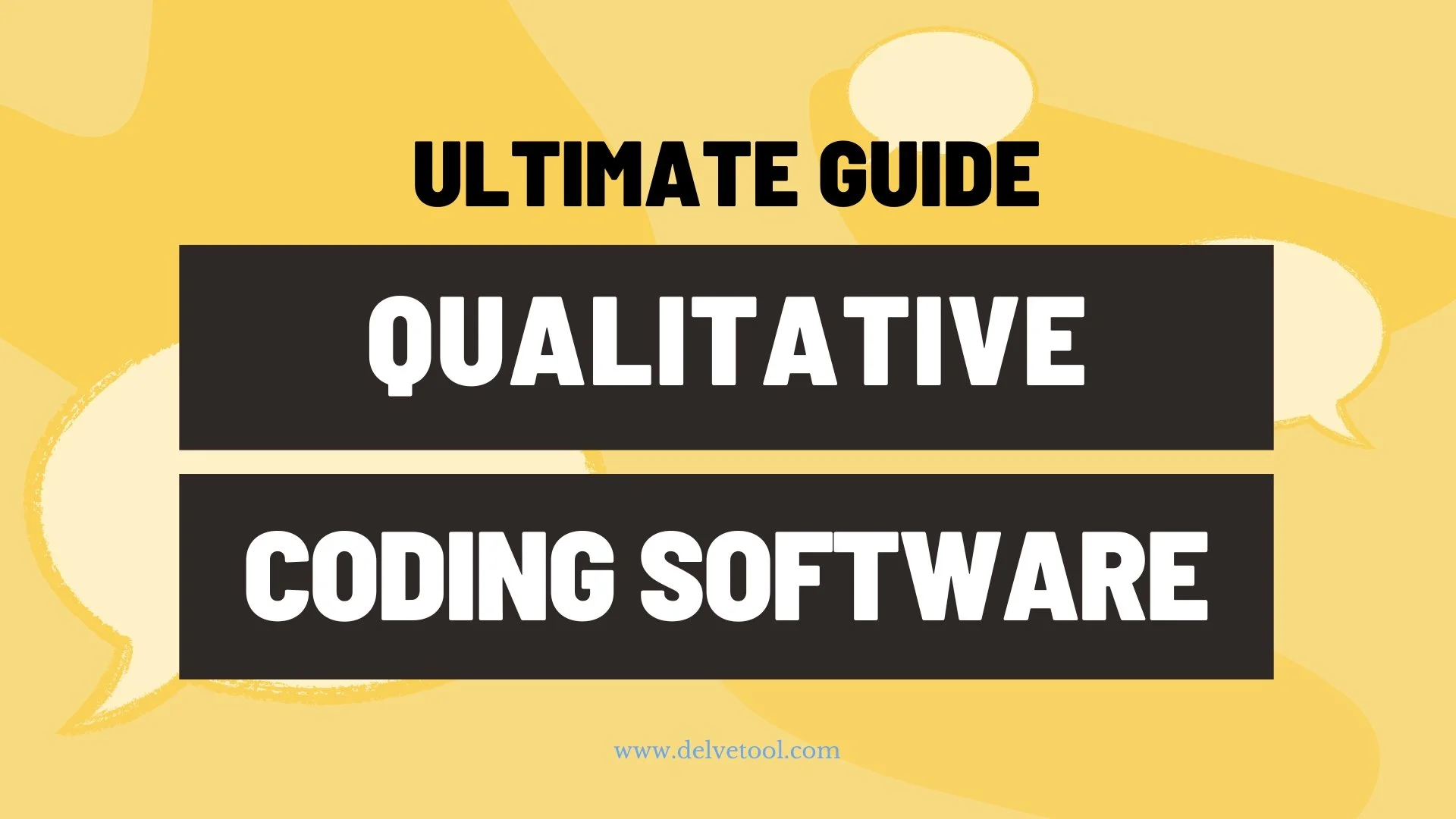
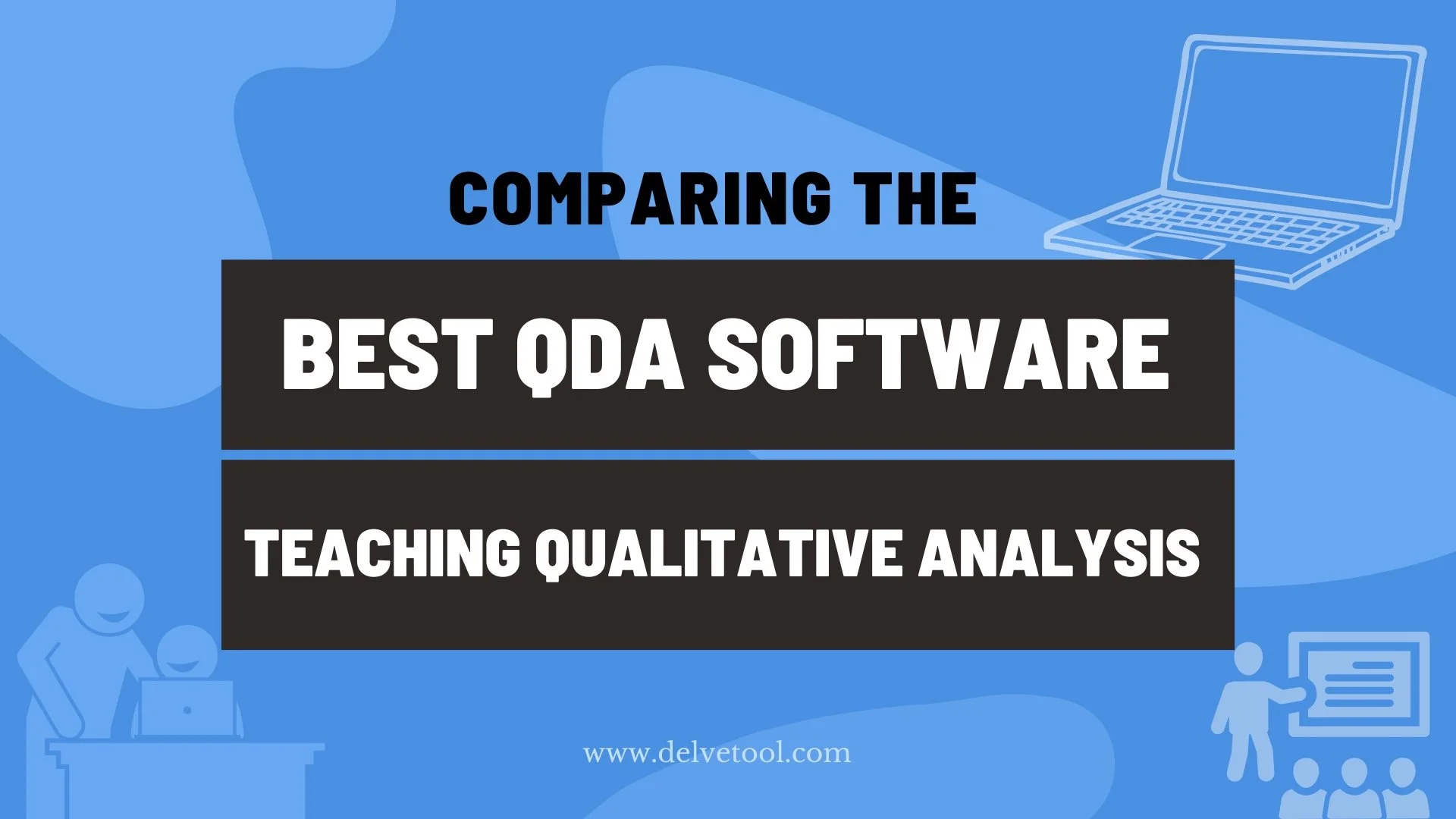
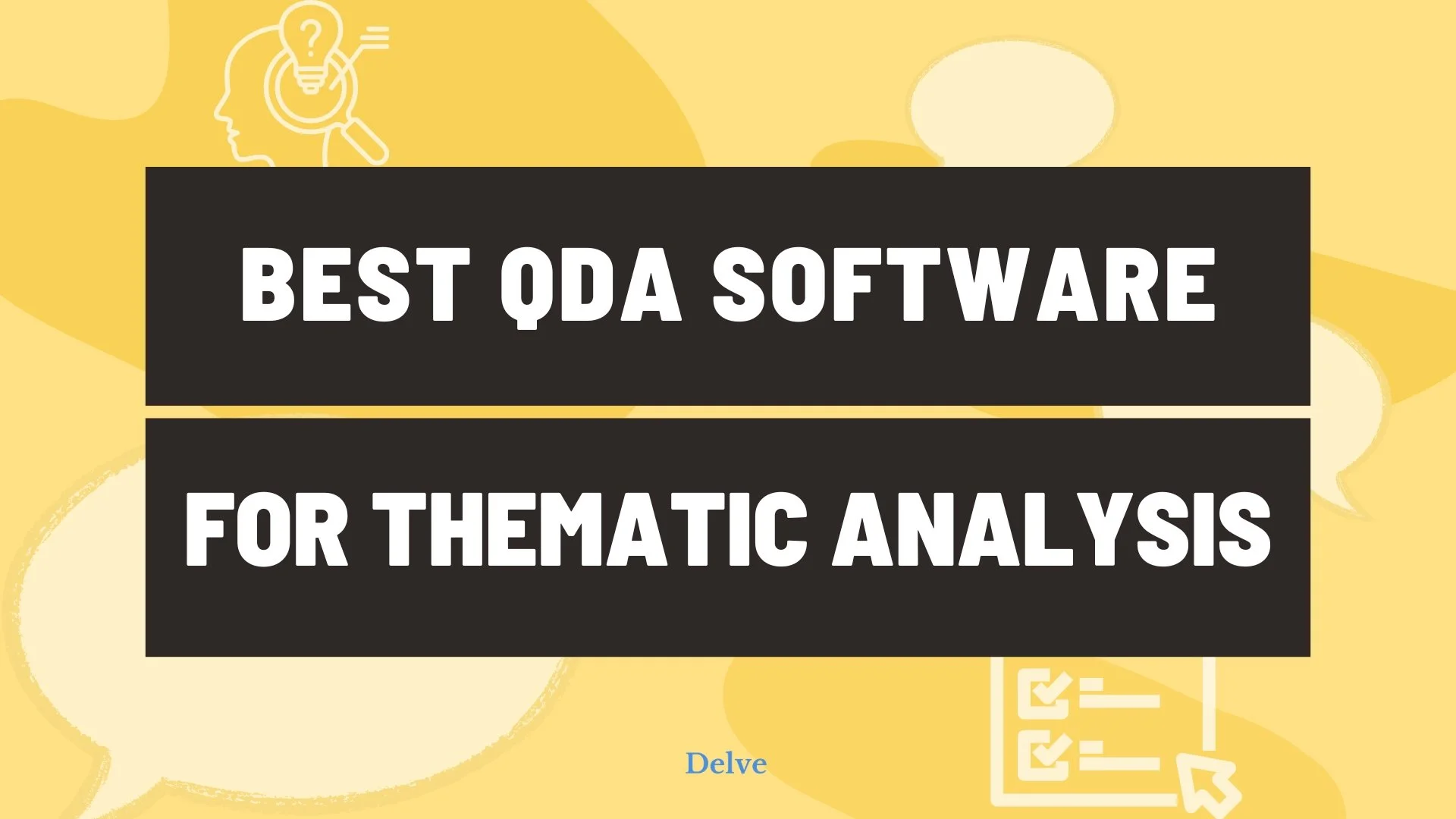




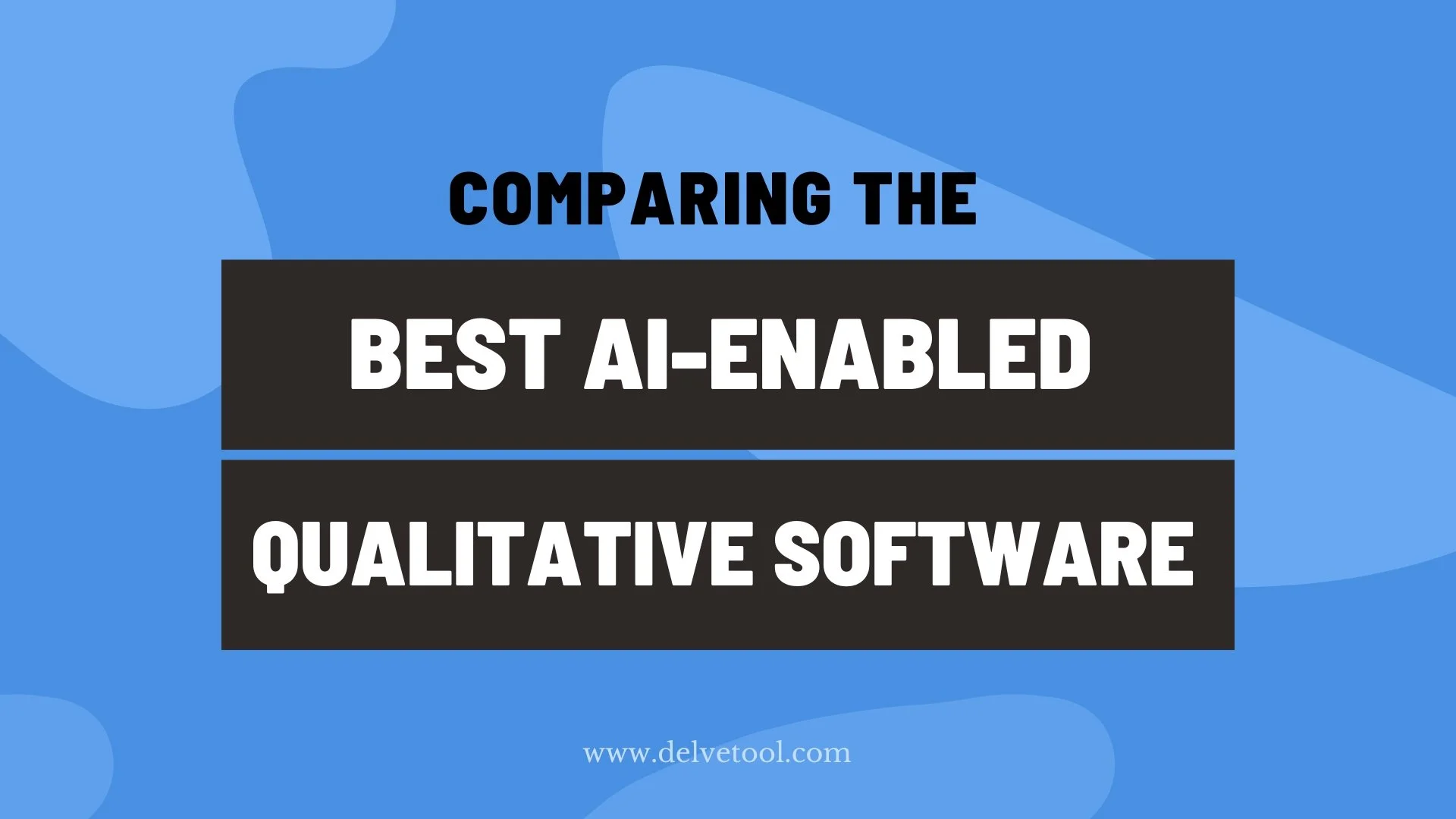
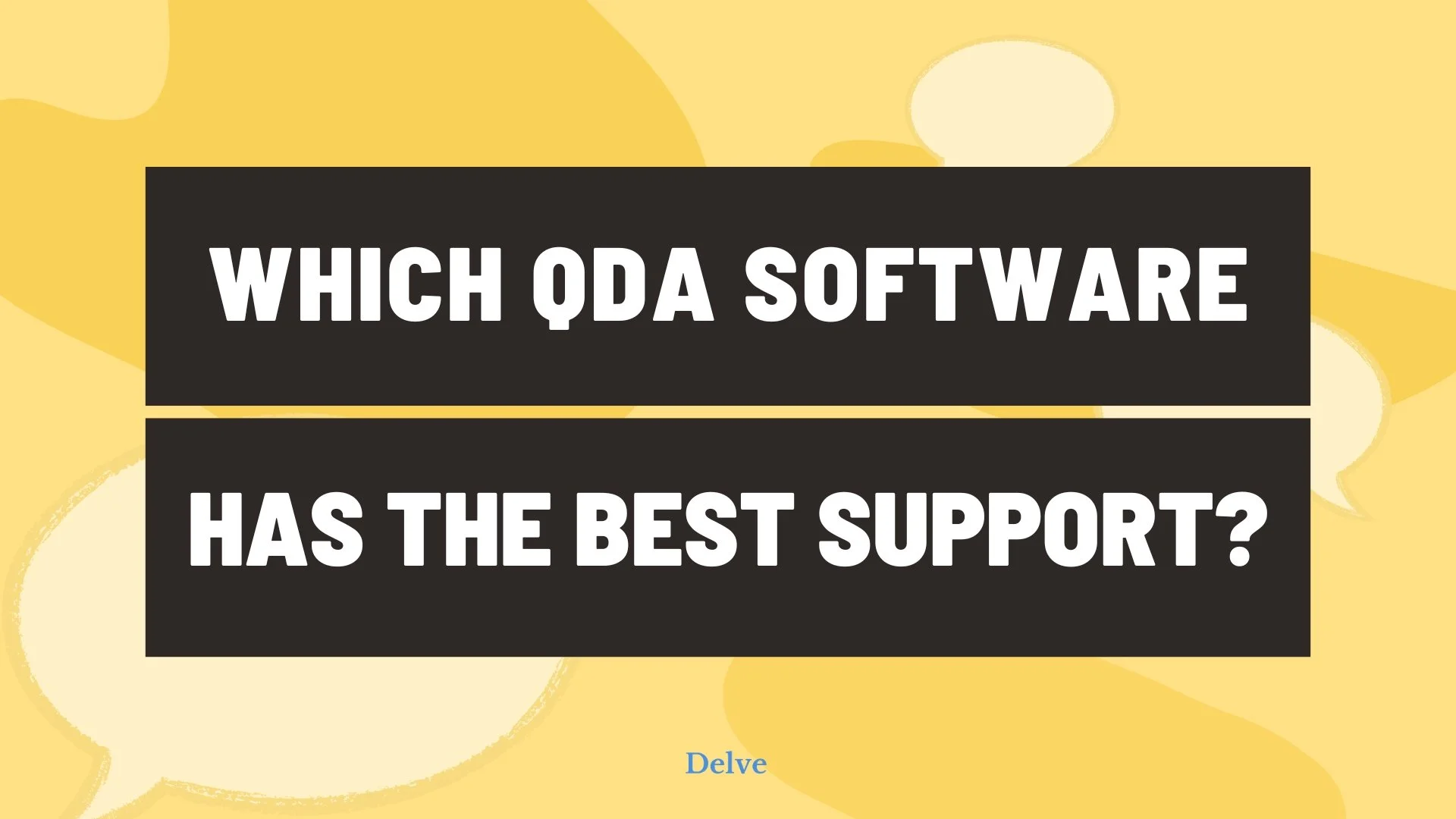
Thematic analysis involves reading through a data set and identifying patterns in meaning across the data.